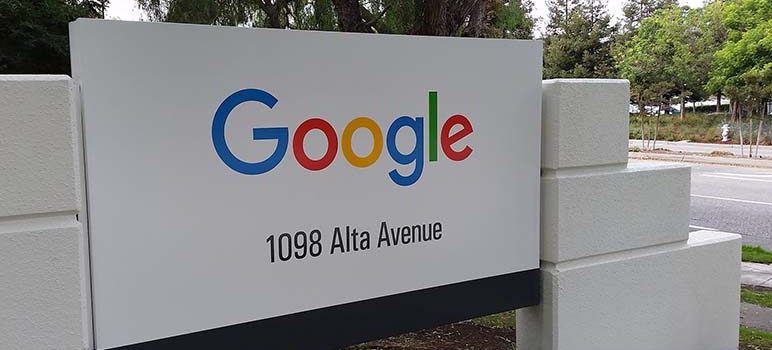Now that San Jose has settled on a price for several properties Google wants to buy, it’s up to the City Council to approve the compensation agreement.
The tentative deal puts the price of six city-owned addresses around the Diridon Station at $67 million, according to a staff memo coming up for council approval on Tuesday. Google, which has been snapping up properties in the area as part of its plan to build a massive headquarters in downtown San Jose, needs those parcels to build its proposed 8-million-square-foot mixed-use complex.
“This compensation agreement ensures that our taxpayers receive two-and-a-half times what we originally paid for these properties and, just as importantly, it allows us to advance discussions about how we can create a vibrant, architecturally iconic, transit-focused village around Diridon Station,” Mayor Sam Liccardo said in a press release when the deal was first announced. “A proposed Google development in downtown San Jose would generate millions in tax revenues for critical city services and can serve as a model for a more sustainable future. I look forward to engaging with our community in a robust discussion about how we can realize our shared ambitions for our city.”
Santa Clara County’s Board of Supervisors already OK’d the pricing deal, which is also set to go before the Successor Agency Oversight Board for approval on Feb. 22.
Meanwhile, the city will soon be launching its community engagement process led by a 38-member stakeholder advisory group to weigh in on Google’s development concepts.
Click here to read more about the city’s exclusive negotiating agreement with Google.
More from the San Jose City Council agenda for February 13, 2018:
- According to a staff analysis, the controversial Evergreen Senior Homes Initiative puts the city at risk of losing close to $107 million a year in “opportunity costs” by building homes on land zoned for commercial use. Further, the 910 homes proposed in the ballot measure would cost more in city services than the revenue they’re projected to generate. Mayor Sam Liccardo and four of his colleagues signed a memo urging the council to take a strong stance against the ballot measure, which they call a threat to city authority. “The city’s land use authority and an established development process that provides a public and transparent approach are at stake,” their memo states. “Developers are attempting to create their own, more profitable rules that break the rules established by our long-accepted General Plan policies and goals, which are the result of years of public input and debate. These developers attempt to circumvent the city’s requirements for affordable housing, traffic mitigation, and infrastructure needs, in order to market a proposal of a gated community for the wealthy at the expense of the taxpaying public.”
- San Jose plans to take out a $21 million loan to cover flood recovery efforts until the state and federal government kick back some reimbursement. The council will consider issuing commercial paper notes to fund ongoing repairs to public facilities damaged by winter storms from January through February of last year. FEMA only pays local governments back for reconstruction completed within the 18 months following an official disaster declaration. For San Jose, that was April 1—just over a week after the Coyote Creek flood, which puts the deadline at Sept. 30. The city can request extensions for projects that take longer to complete, but they have to at least be started within that timeframe. Projects designed in-house have already begun, but the city can’t start on those that require outside consultants and contractors until the council authorizes the $21 million loan. According to a staff memo, 14 of 26 planned projects will wrap up by the September deadline. The city expects to submit extension requests for the remainder over the course of the summer. Without those extensions, the city could lose about $15 million in FEMA and state reimbursement. Construction costs will be partially offset by the city’s insurance policy, which doesn’t cover roadway and sewer repairs. Covered losses include debris cleanup, business interruption and loss to real property. In the coming year, the city plans to spend about $27.8 million on flood recovery work, the bulk of which will go toward repairing facilities in Alum Rock Park and the Coyote Creek corridor. The priciest project will be repairing the lighting, turf and soccer fields at Watson Park off of Taylor Street, which comes to more than $6.3 million. After the February flood last year, the park’s entire electrical system was submerged in water, so the city will need to relocate it to higher ground. The Japanese Friendship Garden and nearby Happy Hollow Zoo will also require several millions of dollars in repairs to the teahouse, koi pond, toilets and other facilities.
WHAT: City Council meets
WHEN: 1:30pm Tuesday
WHERE: City Hall, 200 E. Santa Clara St., San Jose
INFO: City Clerk, 408.535.1260


A further issue is that video games usually are serious in nature with the main focus on studying rather than leisure. Although, we have an entertainment facet to keep your kids engaged, each one game is often designed to develop a specific group of skills or programs, such as mathmatical or scientific discipline. Thanks for your post.